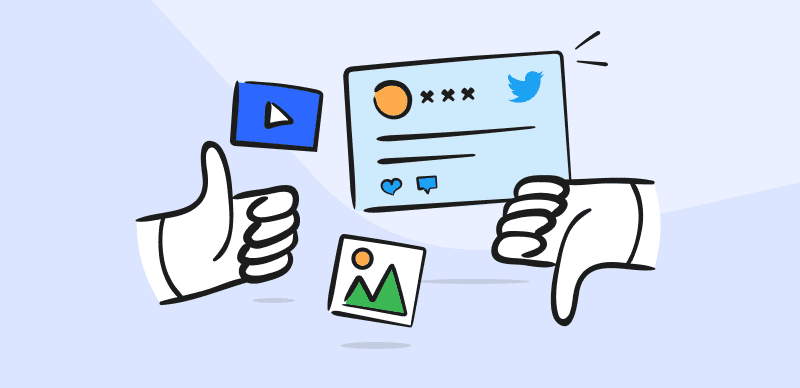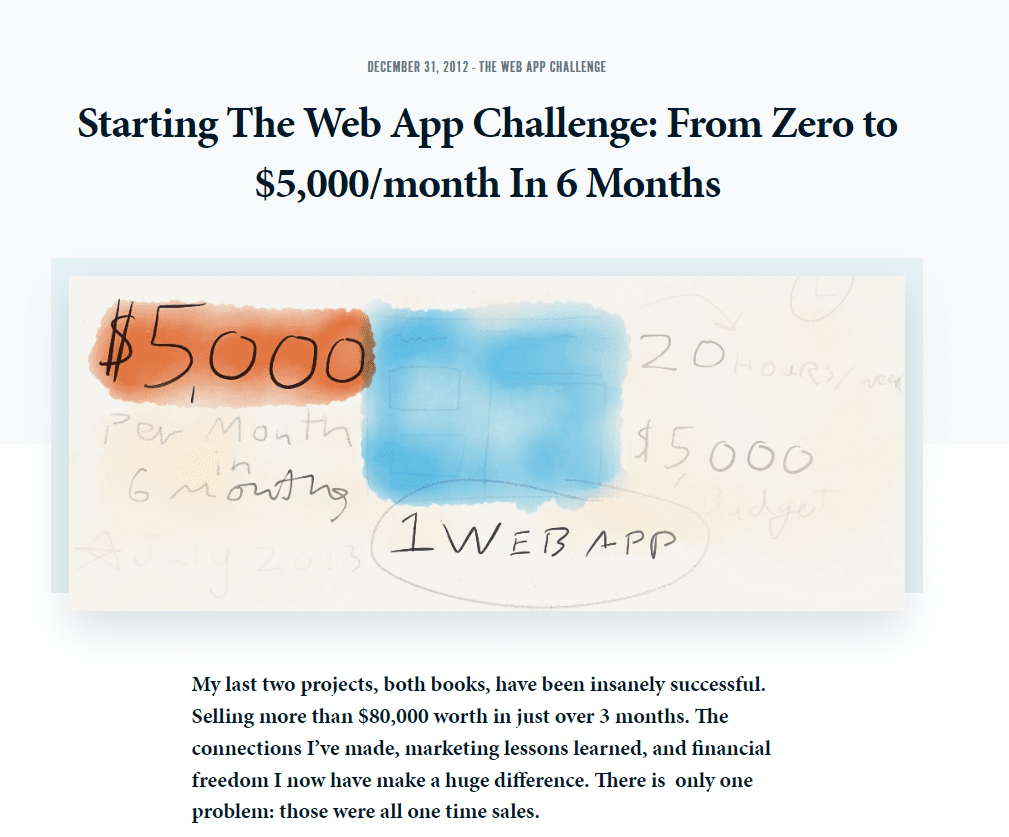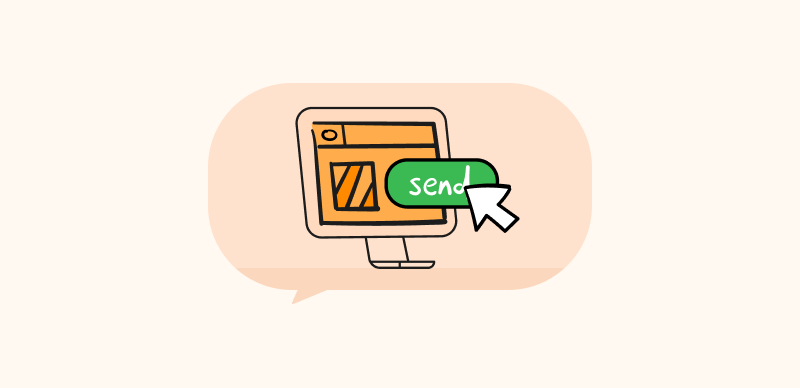I’m Morgan, the founder of the startup Gemoo.
I’ve been working in the tech industry for more than ten years, so I’m familiar with this industry. It changes so quickly that many people can’t keep up, but I’m still trying to keep up, whether it’s in technology, team management, or work model.

Pros and Cons of Building in Public
Building in public is undoubtedly one of them, as evidenced by the abundance of building-in-public tags in tweets, posts, and videos. In my mind, building in public means sharing everything about the project with more people, gaining attention, attracting users, and gathering feedback.
However, everything has two sides, and building in public will undoubtedly have benefits and risks, which I will discuss in today’s article.
Table of Contents: hide
Increase the possibility to attract potential users
Act like a human to leverage trust and attraction
Set a strict timeline to motivate yourself
Build a strong relationship with customers
Get engaged with more founders or people from professional fields
Expose weakness and mistakes to others
Get engaged with more founders or people from professional fields
What is building in public
Before we get into the pros and cons, let’s figure out what exactly is being built in public. It means being transparent about everything, as Nathan Barry does when he builds his products and records the entire process to share with others.

Screenshot of Nathan’s Blog
This entire process can help to demonstrate a founder’s personality, which is sometimes what people care about, or to gain more trust and feedback for your products. People who build in public have distinct goals. Whether or not this is the best way to build a product depends on the circumstances. Let us start with its advantages.
Pros
Transparency can be a double-edged sword but remember most people appreciate sincerity, which is why people will support you more than you can imagine when being transparent when building projects.
Increase the possibility to attract potential users
As a startup, you may have target users for the first time, or you will assume which group is your target consumer. However, the market is hard to predict. What if your assumed customers are not interested in your products? What if you haven’t found your target customers for a long time?
Building in public can be a great choice for attracting your target customers, as well as getting some potential users that you haven’t imagined before.
Act like a human to leverage trust and attraction
When building in public, people on the internet can witness your success, your failure, your experience, and your suggestions, which will pull your customers closer to both you and your products.
It’s more like a storytelling of a founder, which in the end will build an environment of support for your entrepreneurship journey.
Set a strict timeline to motivate yourself
If you are not self-disciplined, building in public will help you overcome work fatigue, because you have promised hundreds, thousands, or even millions of people that you will come up with one feature or achieve your MRR, which will push you to do as you said regularly.
It can help with product iteration to some extent, especially in the early stages. It is critical to listen to your users in order to iterate more quickly.
Build a strong relationship with customers
Many founders and marketers have been concerned about where to find customers’ voices; however, if you build in public, you can achieve this from the start.
Connecting with more users on social media and conversing with them will help you improve your product by basing it on genuine comments, feelings, and suggestions. When you finish the product, you will have a slew of ambassadors who will help you spread the word about it.
A company should always value what its customers have to say.
Get engaged with more founders or people from professional fields
This article is written by me, to demonstrate the importance of engaging with more founders, which will help you earn 100+ users as soon as possible at the early stage.
Other founders from various fields can connect with you and share their feelings about your journey and products based on the experience you shared. Their unique and professional points can be extremely beneficial for you as you dive deeper into an industry and improve products. At the same time, because you are all founders, you can provide emotional support to each other as going through some difficult times. You might even be able to attend offline meetups together.
Cons
Attracting some copycats
Copycats are the most vexing but common occurrence in any industry. The more they get to know you, the more likely they are to imitate you.
That is, oversharing can be a serious issue. You enjoy sharing your thoughts, but you have no idea who is watching and what is on audience’s mind. As a result, there is a chance that someone will copycat your idea and even finish the product faster than you after stealing your idea. That would be terrible, especially since laws make it difficult to protect ideas shared on social media.
Be more anxious than ever
Everyone will be bothered by a deadline, especially if you make a large number of promises. If you are mentally strong, the stress can be used to motivate you to complete the project; otherwise, it will be a detriment.
You will experience everyday anxiety and may be unable to sleep; believe me, I’ve seen someone become so stressed when building in public that he broke down. So, before you build in public, keep in mind that you must know how to manage your emotions and finish your object step by step.
Expose weakness and mistakes to others
I know many of us are perfectionists, or at the very least want our product to be flawless and surprising. However, not every product is a success.
If you fail, you may encourage yourself and restart without criticism from others if you build in private.
But it will be much more difficult when building in public, even though I know most people are nice. Showing your failures and mistakes to thousands of people is not easy, since it means telling others my product is far from perfect, I’m far from successful, which requires a strong mind.
May decrease your credibility
When you share in public, everyone has the opportunity to see what you are good at and what you are bad at, which may lead to skepticism from potential investors.
Furthermore, you will receive feedback from a variety of people, but you have no idea what they will say to you; if unqualified feedback is abundant, it will severely harm the credibility of your products.
While it may not happen to everyone, it is still a potential hazard that must be avoided.
My Personal Thoughts on BIP(Building in Public)
I enjoy building in public, possibly because I enjoy sharing my experiences; otherwise, I wouldn’t write so many articles about my journey. I believe that building in public demonstrates the internet’s magic, as it allows me to interact with users, founders, and friends from all over the world. I enjoy talking to them, debating whether my ideas are stupid or brilliant, and hearing their differing perspectives on a single issue, which is the beauty of communication.
More importantly, I am the founder of a startup. All of my team members want to connect with our current and potential users, listen to them, and even interview them. We receive insights, suggestions, and complaints from users, and we consider them all before iterating Gemoo so quickly to meet users’ needs, which helps us a lot to improve.
So, in general, I enjoy building in public, at least during this phase. If you’re unsure about building in public, why not give it a shot? If you’re curious about who has succeeded by building in public, I’ll compile a list of their experiences.
Don’t forget to connect with me on Twitter: @MorganKung7!



